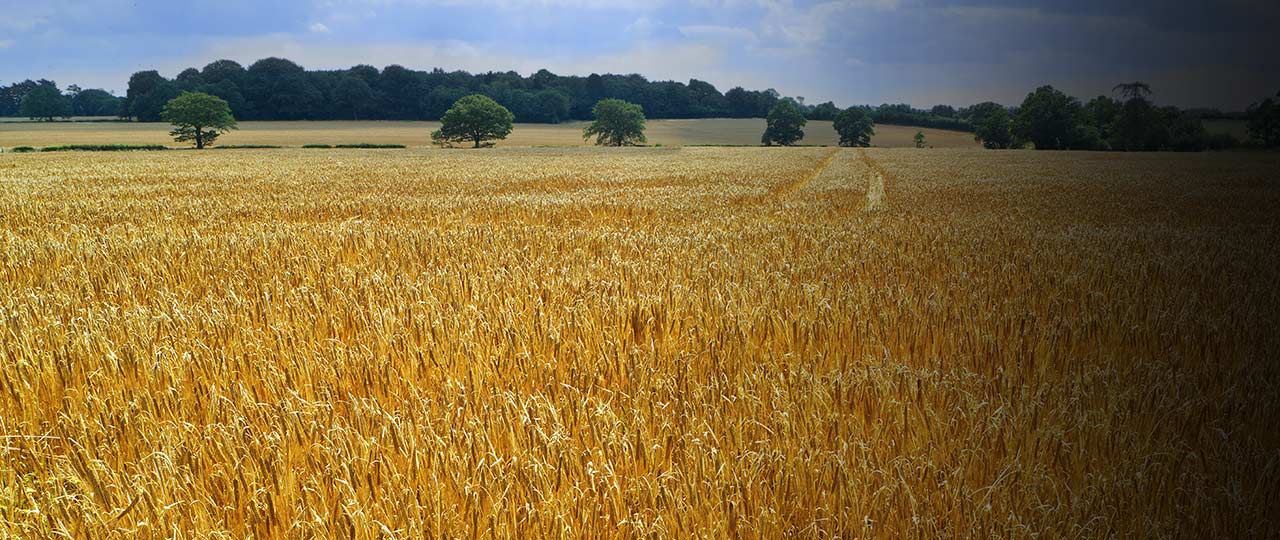
The clock is ominously ticking in the battle to get reauthorisation for glyphosate beyond the current licence period of 15 December, 2017.
On 9 November 2017, the European Commission will table a vote on a proposal that would see glyphosate approved for another five years at the Standing Committee on Plants, Animals, Food and Feed.
It follows a meeting of the committee on 25 October where several member states failed to support an EU proposal to renew glyphosate’s licence for a further 10 years.
It is hugely disappointing that we are still battling to get reauthorisation for such a key product, when there is now overwhelming scientific evidence to back its safety.
The European Chemicals Agency, European Food Safety Authority, UN Food and Agriculture Organisation and World Health Organisation have all said there is no scientific data to substantiate a ban on health grounds.
We are, of course, hoping that the decision on 9 November will be positive and would welcome that.
However, we remain concerned that even if glyphosate is relicenced for five years it will feel somewhat of a hollow victory for the farming industry, given there appears to be no compelling reason not to relicense it for the customary 15-year period.
Much of the opposition to glyphosate seems to be based on an ideology, rather than sound science.
Campaigners for a ban seem to be in denial about the implications of their actions. Losing glyphosate would completely change the way we farm and have huge implications – for farmers, food production and the environment.
Some of the argumenta against relicensing seem to be driven by a desire to hit out at Monsanto, which markets glyphosate under the Roundup label. The company has long been a target for environmentalists because of its work with GM crops.
Other campaigners are making the argument that glyphosate should be banned for environmental reasons – but any ban would come with a high environmental cost because of the increased number of cultivations that would be required to tackle weed control.
It is in no one’s interest to restrict the use of a product which underpins our ability to produce safe and affordable food in a sustainable way.
With more than 40 consultants in 12 offices, Strutt & Parker’s Farming Department is one of the largest specialist farming consultancies in the UK. The firm’s agronomy service covers more than 130,000 acres, making Strutt & Parker one of the biggest corporate members of the Association of Independent Crop Consultants (AICC.)
